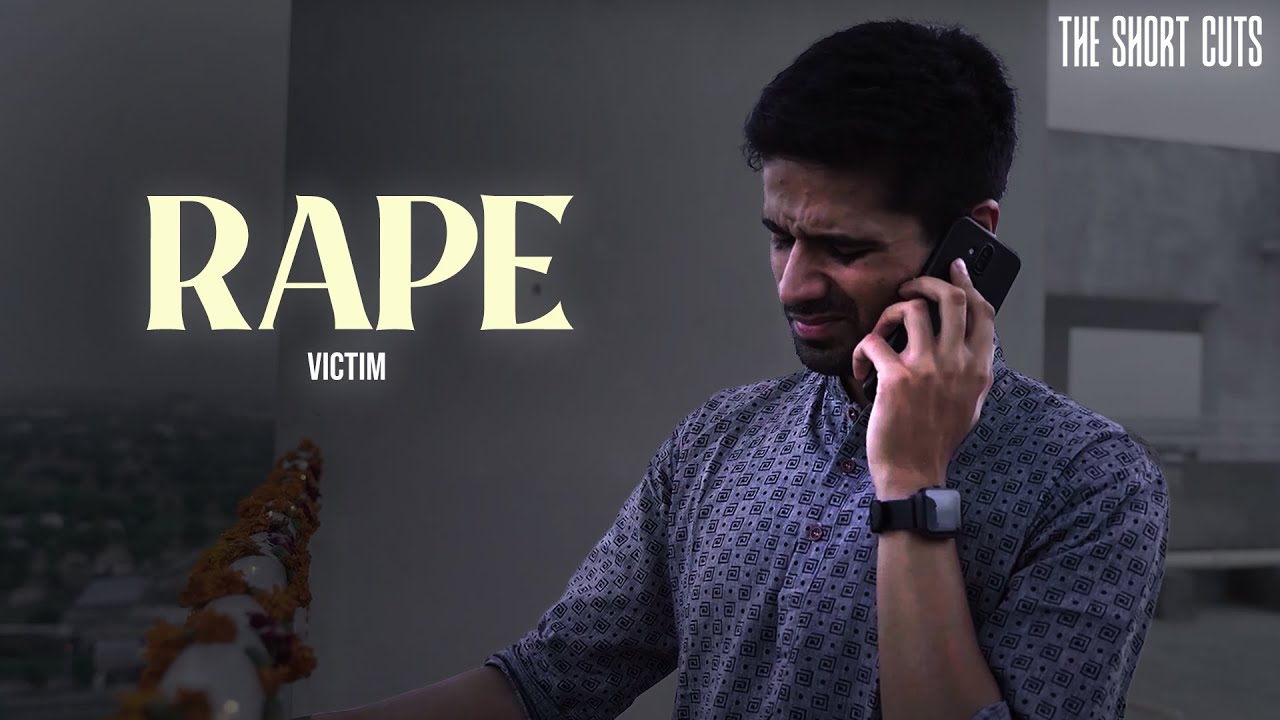film pendek mbah Karsono (KTP)
Summary
TLDRThe transcript appears to be a conversation involving community members discussing local issues in Indonesia. Topics include e-learning, health insurance, and community welfare. There's a focus on the importance of having a valid ID card (KTP) and the challenges faced by elderly people adhering to Kejawen, a traditional belief system. The dialogue also touches on the community's approach to health care and the government's role in providing services.
Takeaways
- 👋 The conversation starts with a casual greeting between several people in Indonesia, transitioning into a discussion with polite exchanges of 'assalamualaikum'.
- 📋 The main topic revolves around collecting data for senior citizens, particularly for health cards that provide free healthcare for those without identification (KTP).
- 🏥 A health card for seniors will ensure free treatment at hospitals and Puskesmas, but to qualify, seniors must have a valid KTP (national identification card).
- ❗ Some seniors in the village, particularly those following traditional Kejawen beliefs, do not have a KTP, making it difficult for them to receive the health benefits.
- 😕 There is a challenge with the registration process because Kejawen is not recognized as an official religion in the KTP form, which only lists six recognized religions.
- 📌 The discussion touches on how to resolve this issue, with some suggesting to choose any religion from the available options to complete the KTP process.
- 🤔 The participants express concern over falsifying information on the KTP, fearing that it could lead to legal consequences or dismissal of officials involved.
- 🎯 The conversation shifts to finding solutions, such as local community members potentially organizing to help those without KTPs, ensuring they still receive healthcare services.
- 📝 A suggestion arises to have the local community pool resources to cover health expenses for seniors like Mbah Karsono who may not qualify for government benefits due to lack of formal documentation.
- 👥 The dialogue concludes with a collective agreement that the community must come together to address the problem, despite the administrative challenges posed by the official requirements.
Q & A
What is the primary topic of discussion in the script?
-The primary topic revolves around the process of registering elderly citizens for government health cards and issues related to religious declarations in official forms, particularly in the context of individuals practicing Kejawen, an indigenous Javanese belief.
Why is Mbah Karsono hesitant about filling out the religion section on the KTP form?
-Mbah Karsono practices Kejawen, which is not listed among the six recognized religions in the Indonesian KTP form. This causes hesitation because the form only allows the selection of Islam, Christianity, Catholicism, Hinduism, Buddhism, or Confucianism.
What solution is proposed for individuals like Mbah Karsono who follow Kejawen?
-One suggestion is that Mbah Karsono could select any of the recognized religions on the form, as the religion field is a requirement. However, this could lead to complications as it might be considered falsifying official information.
Why is the issue of religious identification on the KTP significant for the villagers?
-The issue is significant because, in order to access government benefits such as health services, having a valid KTP with all required fields filled out is mandatory. The lack of a recognized field for Kejawen followers presents a bureaucratic hurdle.
What are the health benefits discussed in the script?
-The discussion highlights a government program providing free healthcare services, particularly for the elderly, with the requirement that participants have a valid KTP.
How does the community react to Mbah Karsono’s reluctance to declare a religion on the form?
-The community is sympathetic and discusses possible solutions. Some suggest the importance of securing a health card for Mbah Karsono despite the religious identification issue, while others propose alternative solutions like handling the paperwork themselves.
What role does Pak RT (the neighborhood head) play in the discussion?
-Pak RT is seen trying to mediate the situation, advising both compliance with government regulations and understanding the local customs and beliefs of the elderly villagers like Mbah Karsono.
Why is the suggestion to leave the religion field blank or misrepresent it considered risky?
-Leaving the religion field blank or misrepresenting it could lead to legal issues or accusations of falsifying government documents, which could result in penalties for those involved.
What alternative solution does one participant suggest regarding Mbah Karsono’s situation?
-One alternative suggestion is for the local community to handle Mbah Karsono's healthcare needs by raising funds or managing health-related matters on their own, bypassing the need for government documentation.
What underlying societal issue does the script highlight?
-The script underscores a broader issue of bureaucracy and religious recognition in Indonesia, where traditional beliefs like Kejawen are not formally acknowledged in official systems, creating challenges for followers in accessing public services.
Outlines

此内容仅限付费用户访问。 请升级后访问。
立即升级Mindmap

此内容仅限付费用户访问。 请升级后访问。
立即升级Keywords

此内容仅限付费用户访问。 请升级后访问。
立即升级Highlights

此内容仅限付费用户访问。 请升级后访问。
立即升级Transcripts

此内容仅限付费用户访问。 请升级后访问。
立即升级5.0 / 5 (0 votes)






